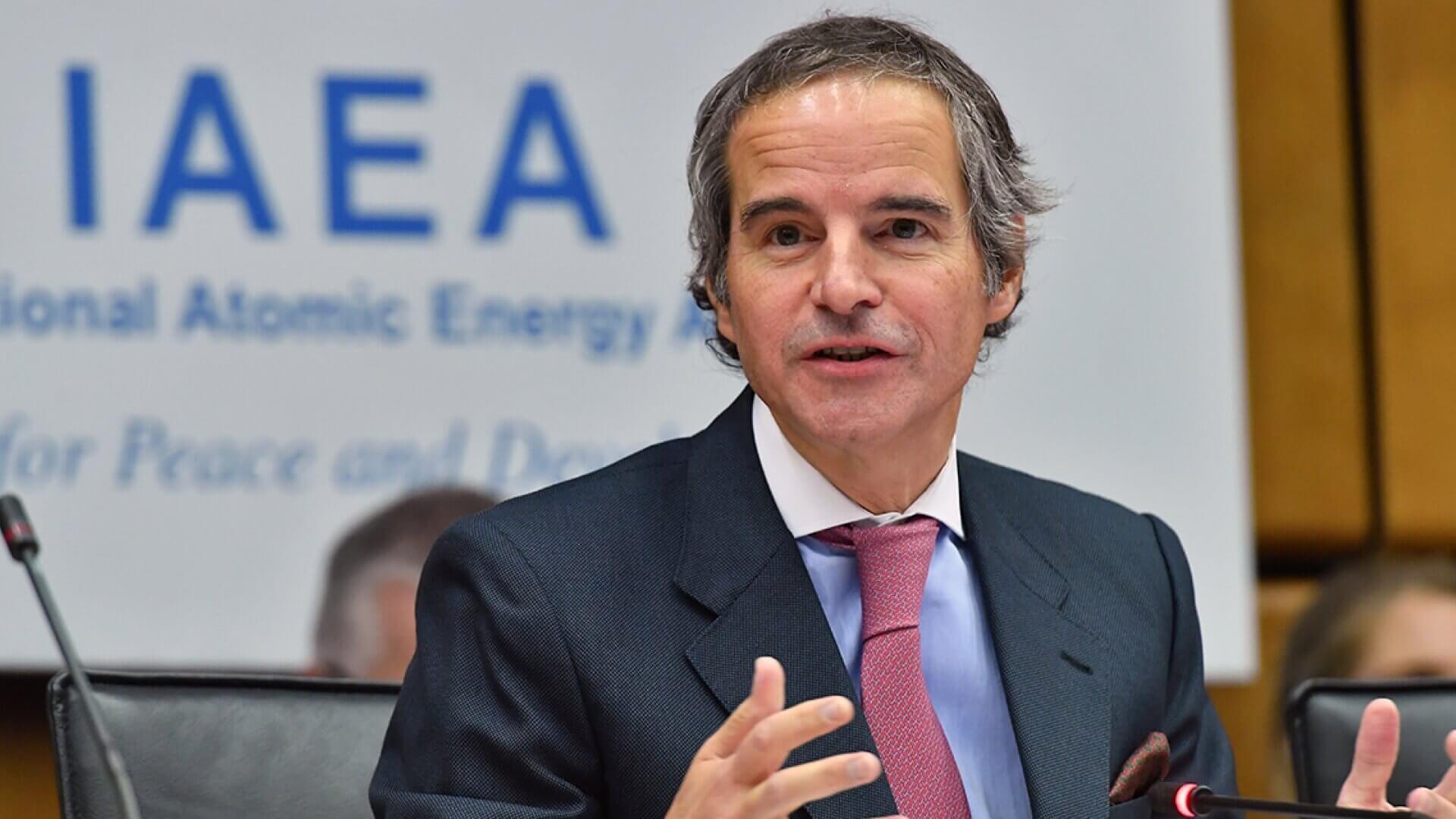On Monday, Rafael Grossi, the Director-General of the International Atomic Energy Agency (IAEA), landed in Iran to negotiate access for the inspection of suspected nuclear sites in the country. An Iranian nuclear official said that the United Nations nuclear watchdog wanted to access and inspect “two places”, one near the capital and the other near the city of Isfahan. Over the next two days, Grossi is set to hold talks with several high-level officials, including President Hassan Rouhani and Iran’s Atomic Energy Organization head Ali Akbar Salehi.
I will travel to Tehran on Monday for meetings with Iranian authorities to address outstanding questions related to safeguards in Iran. I hope to establish a fruitful and cooperative channel of direct dialogue. It is necessary. pic.twitter.com/nkF0X8A4ZM
— Rafael MarianoGrossi (@rafaelmgrossi) August 22, 2020
“My objective is that my meetings in Tehran will lead to concrete progress in addressing the outstanding questions that the Agency has related to safeguards in Iran and, in particular, to resolve the issue of access,” Grossi said before his trip. Signaling hope that the new IAEA leader’s visit would help repair ties between Tehran and the body, the country’s Foreign Ministry spokesperson Saeed Khatibzadeh said, “As long as the IAEA moves based on impartiality, independence and distances itself from political pressure of another countries, there will be no problems between the IAEA and Tehran.”
In June, the IAEA accused Tehran of denying the body access to the two locations for over six months, claiming that Iranian officials had refused to engage in “substantive discussions to clarify our questions related to possible undeclared nuclear material and nuclear-related activities”. This prompted the IAEA’s board of governors to pass a resolution demanding that Tehran cooperate fully with the agency’s requests by providing prompt access to the sites, where they would determine whether any undeclared nuclear activities were carried out in the early 2000s. The Iranian administration maintains that the body does not have any legal basis to carry out these inspections.
Grossi’s visit also comes in light of Washington’s push at the UN Security Council to reinstate international sanctions on Iran which were lifted under the 2015 Joint Comprehensive Plan of Action (JCPOA), a nuclear deal signed between Tehran and world powers. Last week, United States Secretary of State Mike Pompeo launched a monthlong effort to activate a snapback mechanism provided by the JCPOA, despite the fact that the US withdrew from the deal in 2018 and imposed unilateral sanctions that have been crippling Tehran’s economy. Iran maintains that Grossi’s trip is not related to the US’ ongoing moves, which face opposition by co-members of the pact who are questioning Washington’s right to call for a snapback given that it is no longer a part of the accord.

